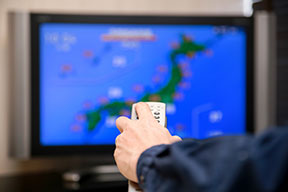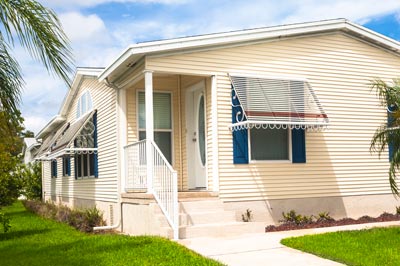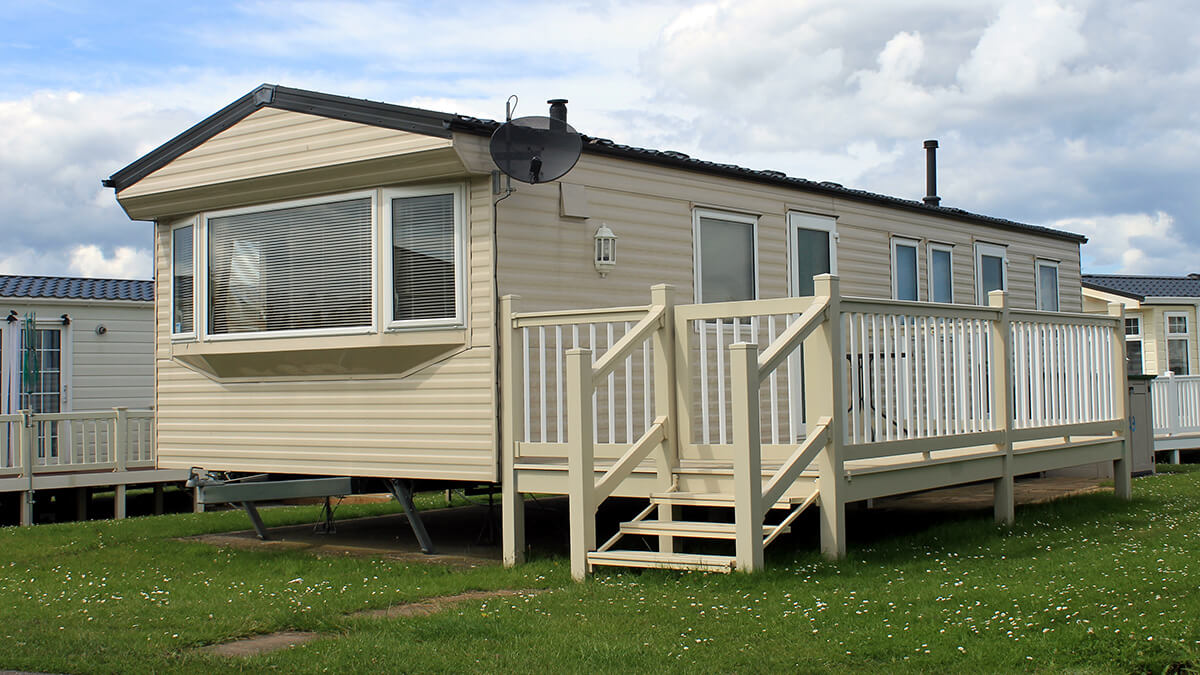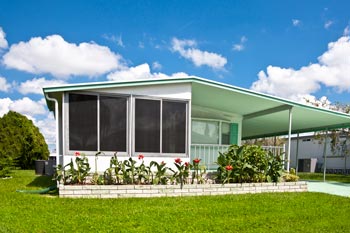During a winter storm safety tips

Severe winter storms can be extremely dangerous, as heavy snow and ice can not only damage property, but can paralyze communities, affecting both rescue and repair efforts. Here are some things you can do to keep safe if you're caught in a severe winter storm.
In Your Home
The best place for you and family to be during an ice storm or blizzard is your home. While at home during a winter storm, you should:
- Keep up on weather reports. Listen to a radio, television, or NOAA Weather Radio for weather reports and emergency information. Don't attempt to go outside or drive until officials mention that it's safe.
- Stay in touch with your family and neighbors during a winter storm, especially the elderly and homebound, who may experience trouble during storms. Make sure you know where they are and that they have food and heat.
If you experience a power outage during a winter storm, make sure you:
- Eat regularly and drink plenty of fluids, but avoid caffeine and alcohol, both of which can speed up the effects of hypothermia.
- Conserve heating fuel by keeping your residence cooler than normal or temporarily closing off the heat to parts of your home. This is especially important if you don't know how long the winter storm is expected to last.
- Follow the instructions and ventilate properly if using kerosene heaters or generators.
When You are Outdoors
Due to the increased dangers from low visibility and frigid temperatures, you shouldn't be outdoors during a severe winter storm. Without proper attire made for cold weather, your body can lose heat faster than it can produce it, leading to hypothermia and frostbite. If you are caught outside, seek shelter as soon as possible.
If You are in a Vehicle
You should only drive if absolutely necessary during a severe winter storm. If you have to leave, please consider the following:
- Travel during the day and with someone. Let someone else know your destination, what roads you will be taking and when you hope to arrive. Bring a cell phone and give that person a call when you arrive.
- Keep on the main roads, which will be the most traveled and the first to be cleared.
- Bring extra blankets, food, water and medication just in case something happens and you get trapped in your car.
If you do get trapped by severe winter weather, be prepared that it could take a few hours for you to be rescued. Here's some tips on what you should do:
- Pull off road and turn your hazard lights on. Hang a distress flag from the antenna or window or light flares to let other cars know where you are located.
- Remain in your vehicle because that's where rescuers are most likely to find you. Do not attempt to walk unless you have a building in sight where you know you can take shelter. Be careful when judging distances, a building may seem closer than it really is.
- Run the engine and heater for about ten minutes each hour to keep warm. Open a downwind window slightly for ventilation and periodically clear snow that's accumulated in the exhaust pipe. This will help prevent carbon monoxide poisoning.
- Keep moving to maintain body heat, but don't overdo it. This is especially important for your fingers and toes because wiggling them can increase blood circulation and help keep them from getting too cold.
- Keep warm using road maps, seat covers or floor mats if you don't have extra clothes or blankets.Huddle with other passengers if necessary.
- Take turns sleeping. Someone should be awake at all times to be alert for rescue crews.
- Don't waste battery power. Balance your energy needs — heat, lights, radio — to make sure you don't drain the battery completely. Save enough to be able to turn the interior dome light at night for people to see you. You should also conserve your cell phone battery, especially if you are in an area with low reception.
- Watch for signs of hypothermia, which include uncontrollable shivering, memory loss, disorientation, incoherence, slurred speech, drowsiness and exhaustion.
Severe winter storms can also cause other emergencies, like house fires and car accidents, so it's important to make sure your insurance is up-to-date. Contact your agent and set up a time to talk about your current coverages and make sure you have your documentation in an easy-to-access place.
Wherever you are during a severe winter storm, just be careful. Frigid temperatures can make a serious situation even more dangerous if you're not prepared. If you play it safe and smart, you and your family can stay dry and warm during the winter season.


